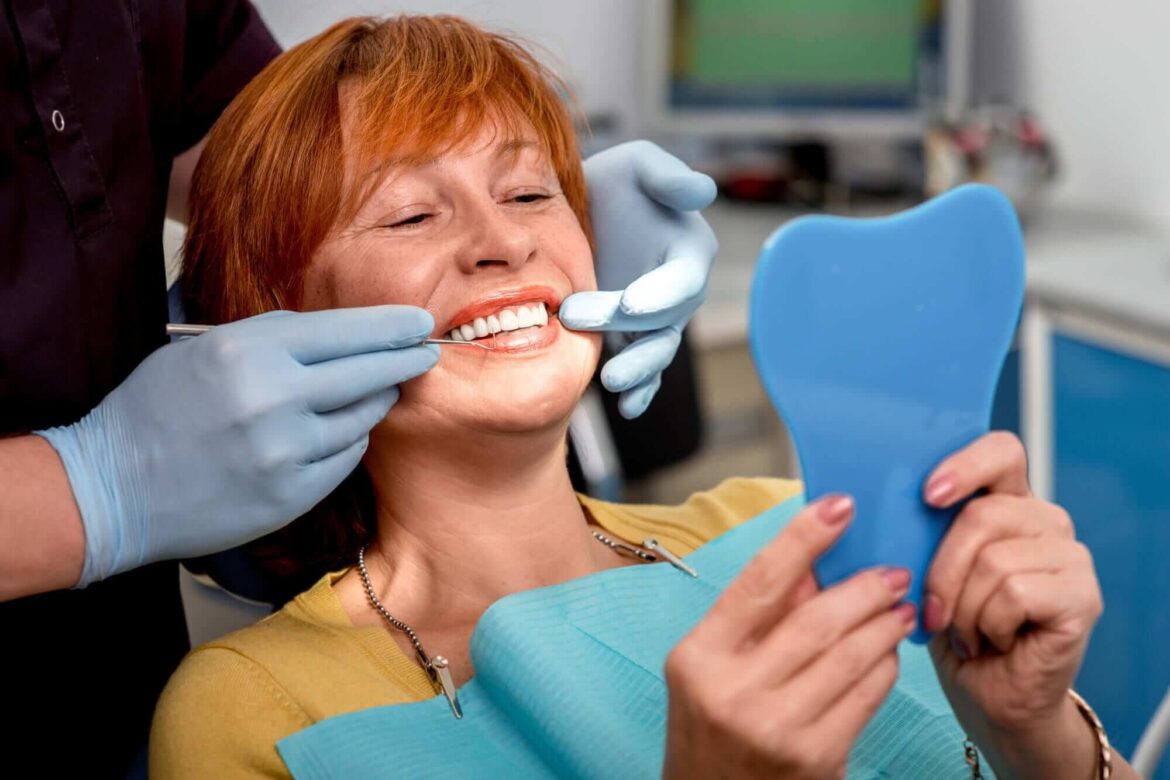Millions of people experience tooth loss, which interferes with both their oral health and the appearance of their smiles. However, missing teeth may lead to additional dental problems if they are not treated by a dentist for tooth replacement.
Dental implants are a long-lasting tooth replacement option for patients. The additional advantage of these fittings is that they can halt jaw and tooth degeneration that detachable options cannot. Continue reading to find out how dental implants can affect your jawbone after losing a tooth.
If you are looking for comprehensive dental implant treatment, contact Dexter dental clinic.
HOW DOES LOSS OF A TOOTH AFFECT JAWBONE?
Teeth that protrude below the gum line are present in healthy dental patients. In order to maintain a strong and solid jaw, they reach down to the lower jaw and stimulate the bone there.
Certain areas of the patient’s jawbone stop being stimulated if one or more teeth are lost. The bone starts to degrade in its absence. It won’t grow back on its own and will keep doing so as long as untreated tooth loss persists.
The dental patient’s face will appear to sag as a result of this. The patient may experience more dental problems as a result of their remaining teeth shifting out of position.
JAWBONE IMPLANTS: HOW DO THEY AFFECT IT?
As a fixed tooth replacement option, the dental implant offers special preventive dental care when compared to other treatment options. The fixture has a titanium post that anchors the implant.
A dentist uses oral surgery to place this anchor in the jaw. In the future, your dentist will connect a dental prosthesis like a crown, bridge, or denture to this anchor above the gumline.
The anchor acts as a stand-in for the missing tooth root as you heal by fusing to the jawbone. Once stimulated once more, the bone stops eroding and starts to grow. Additionally, the bone that has already lost bone is encouraged to rebuild by the fixture.
With implants, patients can see improvements in their smiles’ functionality and appearance as well. Additionally, they can observe how to stop jawbone deterioration. Implants will offer these benefits for twenty or more years with adequate care. Because they do not address tooth loss below the gum line, removable dentures are unable to provide this benefit.




